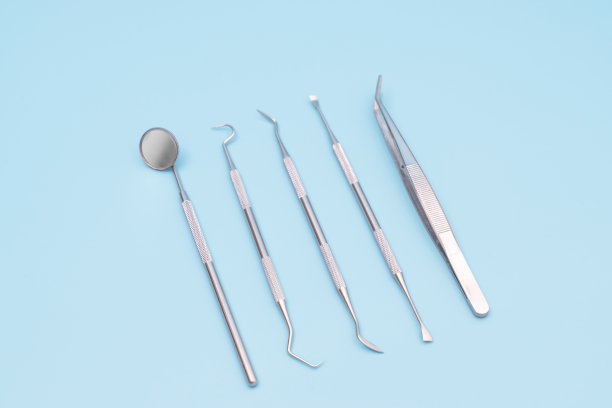Essential Guidelines and Precautions to Ensure Success and Longevity of Your Dental Filling Treatment
Summary: This article outlines essential guidelines and precautions to maximize the success and longevity of dental filling treatments. Dental fillings are crucial in restoring teeth affected by decay, and understanding the best practices before and after receiving treatment ensures optimal outcomes. Well explore the importance of selecting the right dental material, maintaining excellent oral hygiene, regular dental check-ups, and adhering to dietary precautions post-treatment. Each of these aspects plays a significant role in the durability of dental fillings and overall dental health. This comprehensive guide aims to empower patients to take proactive steps in preserving their dental work for years to come.
1. Choosing the Right Dental Filling Material

The type of dental filling material used can significantly impact the fillings longevity. Common materials include amalgam, composite resin, porcelain, and gold, each with distinct properties. Amalgam fillings, for instance, are durable and suitable for molars, while composite resins offer aesthetic advantages for front teeth due to their tooth-like appearance.
Consulting with your dentist regarding the best filling material for your specific dental needs is essential. Each patients condition is unique, and factors such as the extent of decay, location of the filling, and personal preferences can influence material selection. Your dentists recommendations should be based on their expertise and familiarity with your oral health history.
Additionally, the skill level of the dentist performing the filling procedure can affect the quality and durability of the filling. Therefore, ensuring that you choose a qualified and experienced dental professional is paramount. A well-executed filling not only provides better protection but also enhances the functionality of your teeth.
2. Maintaining Excellent Oral Hygiene Practices
After receiving a dental filling, practicing good oral hygiene becomes even more critical. Brushing your teeth at least twice a day with fluoride toothpaste and flossing daily helps prevent plaque buildup and further tooth decay around the filling. This proactive approach safeguards both your natural teeth and the fillings.
Using an antibacterial mouthwash can also offer additional protection against harmful bacteria, promoting a healthy oral environment. Regular use of mouthwash, in conjunction with brushing and flossing, can significantly reduce the risk of complications such as infection or secondary decay.
Moreover, it is important to remain diligent about your hygiene routine even if the filled tooth feels comfortable. Many patients underestimate the potential for issues arising from neglecting their oral care. Make it a habit to prioritize your dental hygiene as a means of preserving the integrity of all dental work.
3. Scheduling Regular Dental Check-Ups
Regular dental check-ups form a cornerstone of successful dental care and maintaining filling longevity. Dental professionals can detect signs of wear, cracks, or cavity formation that might not yet be apparent to you. These routine visits enable early intervention and preventive measures to be implemented, ensuring that fillings and the surrounding tooth structure are protected.
During these check-ups, your dentist will also assess the condition of your fillings and may recommend timely repairs or replacements if necessary. Ignoring check-ups can allow minor issues to escalate into more significant dental emergencies, potentially compromising your overall dental health.
In addition to professional cleanings and assessments, your dentist can offer personalized advice tailored to your unique oral care needs. This input can be invaluable for maintaining optimal cavity prevention strategies and promoting overall dental health.
4. Adhering to Dietary Precautions Post-Treatment
Your diet significantly influences the longevity of your dental fillings. After receiving a filling, it is wise to avoid hard, sticky, or overly sugary foods, especially in the first few days. These items can put undue stress on fillings or promote decay in surrounding teeth, significantly undermining their integrity.
Drinking plenty of water, particularly fluoridated water, can help strengthen teeth and remove food particles from the mouth. Additionally, incorporating foods rich in calcium, phosphorus, and vitamins can support overall dental health and fortify existing fillings.
Furthermore, be cautious with habits such as nail-biting or using teeth to open packaging, as these practices can damage fillings and surrounding structures. Awareness and moderation in dietary choices will play a pivotal role in ensuring the success and longevity of your dental treatment.
Summary:
Ensuring the success and longevity of your dental fillings involves a multi-faceted approach encompassing proper material selection, diligent oral hygiene, regular dental appointments, and mindful dietary choices. By following these essential guidelines, patients can significantly enhance the durability of their dental fillings and contribute to better overall dental health.
This article is compiled by Vickong Dental and the content is for reference only.



